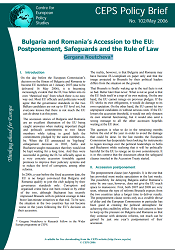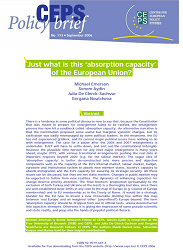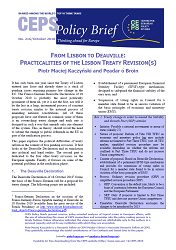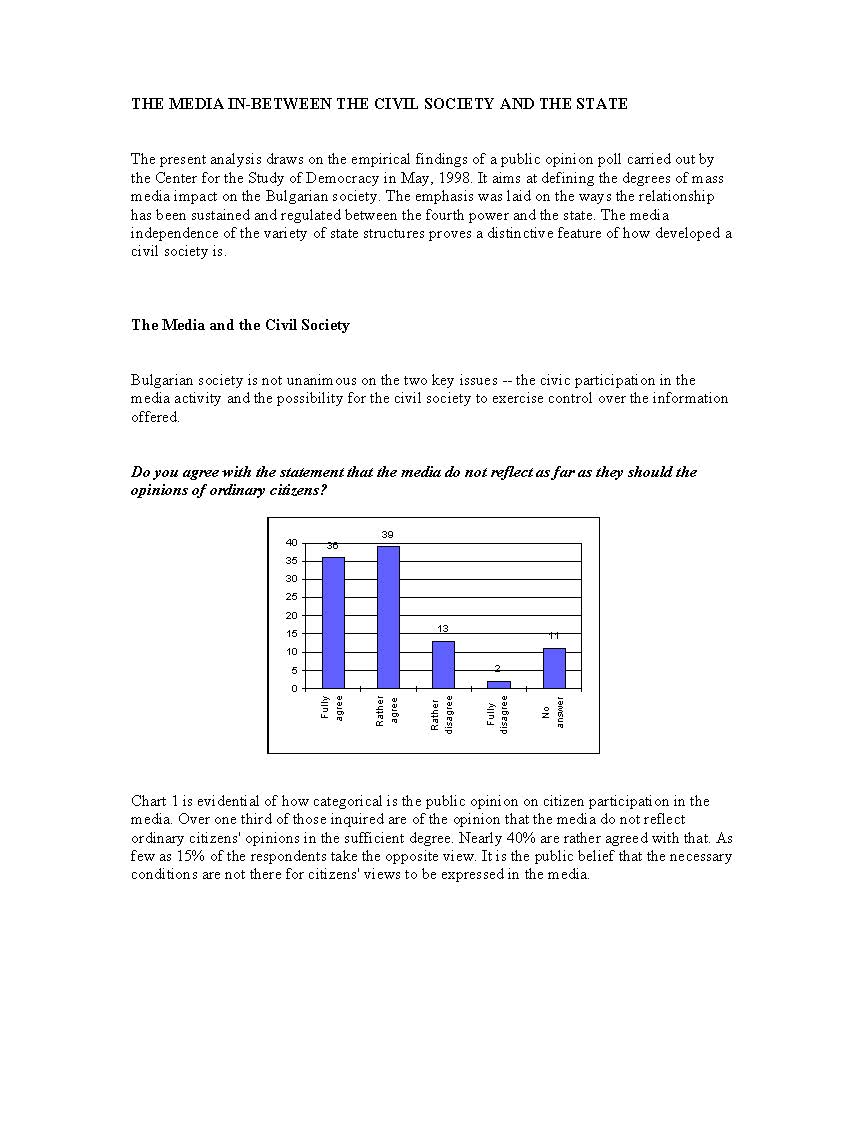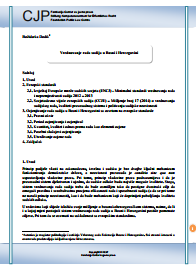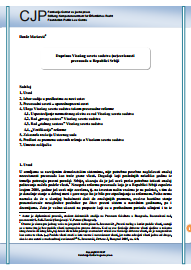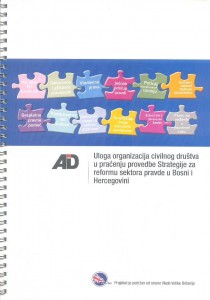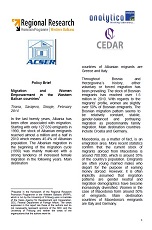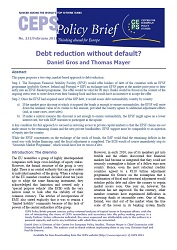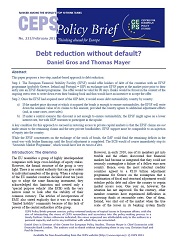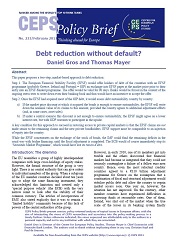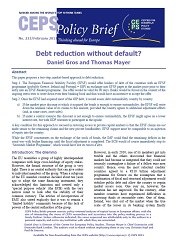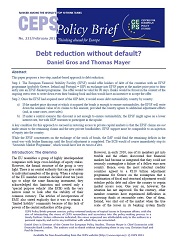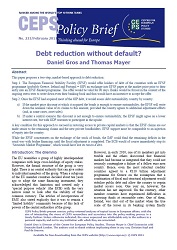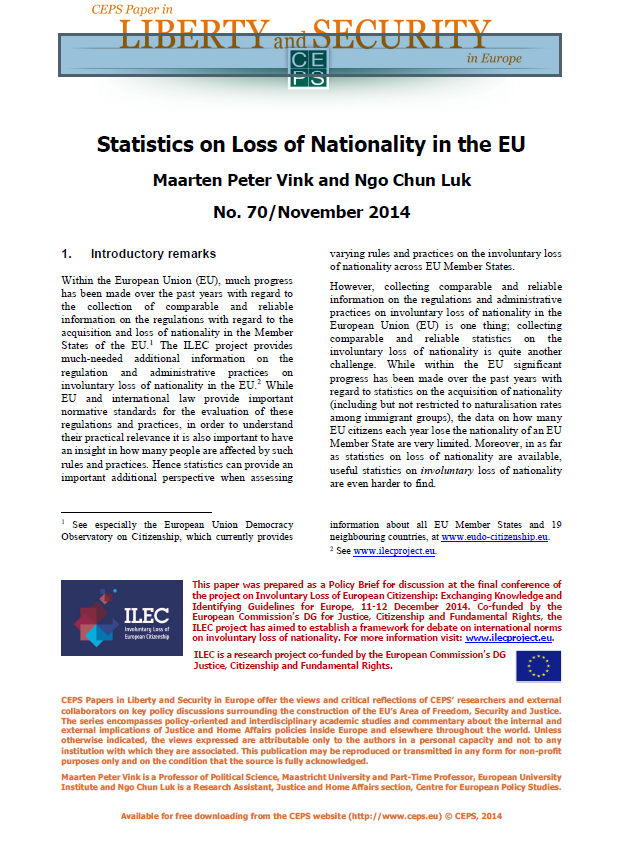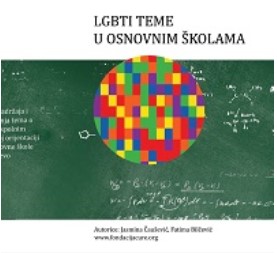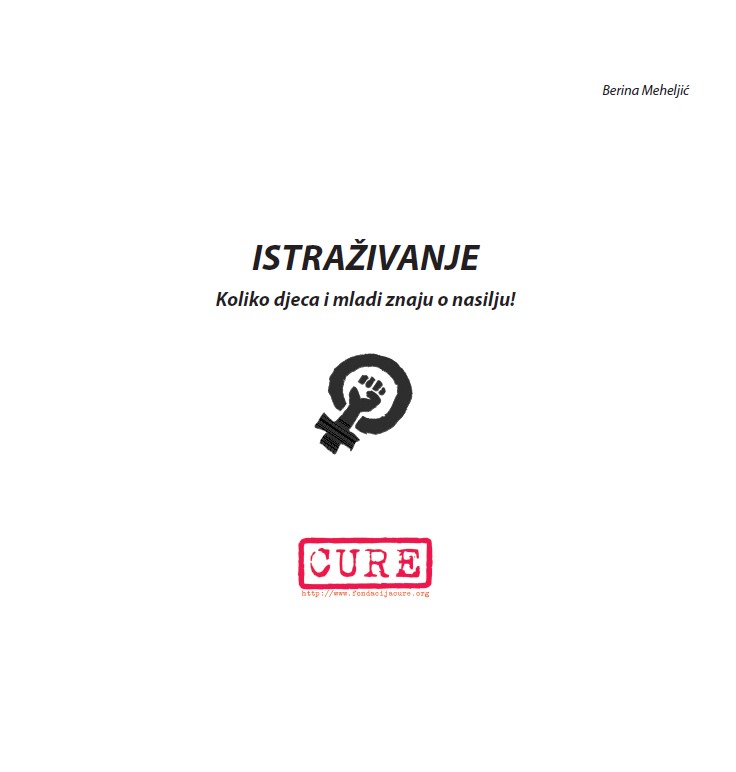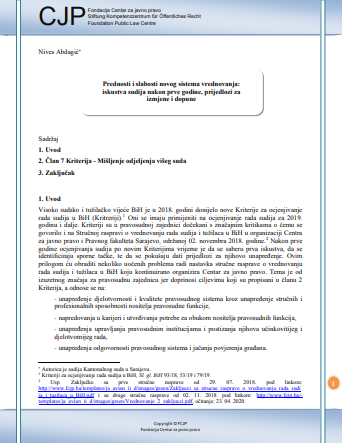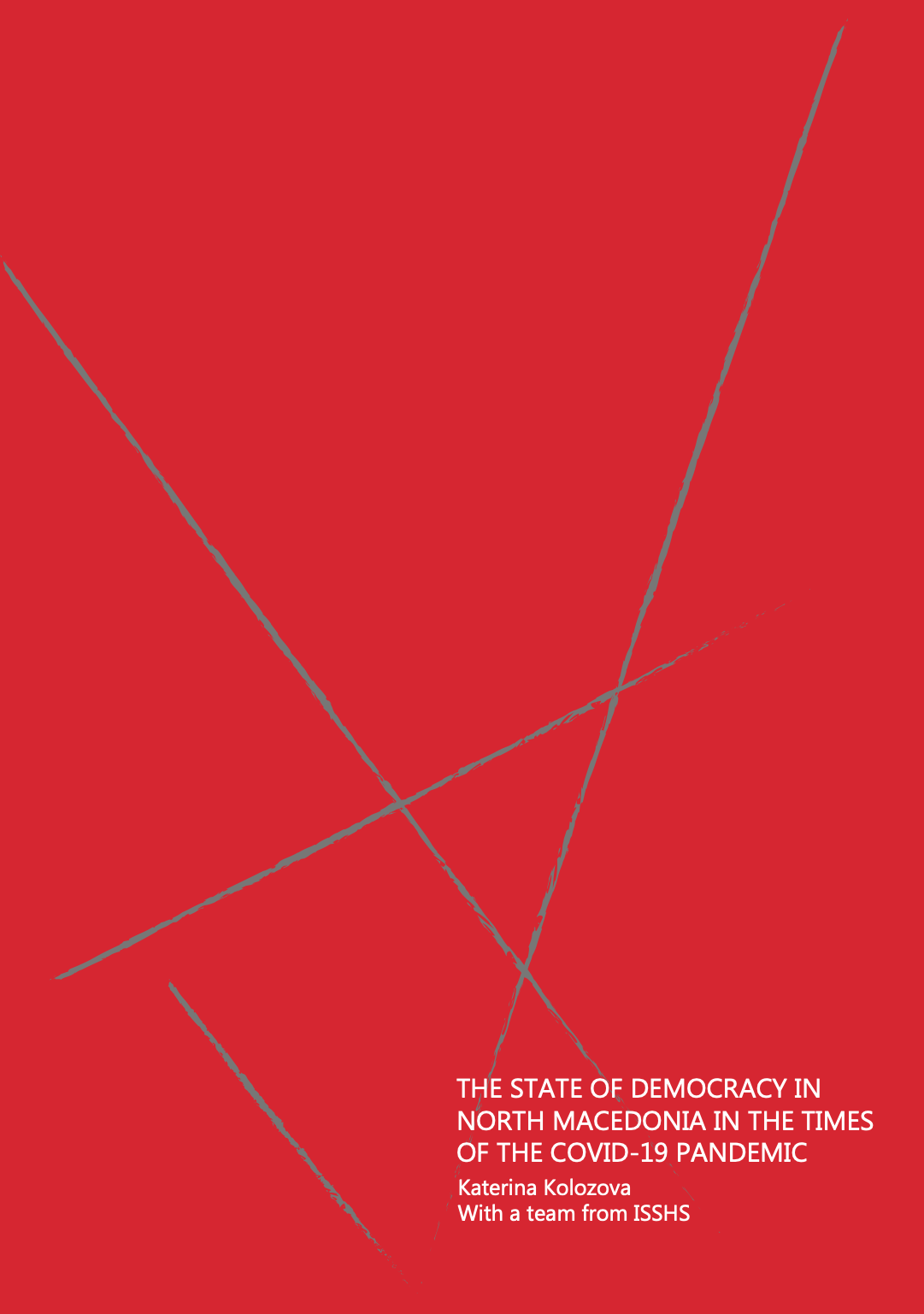Author(s): Božidarka Dodik / Language(s): Bosnian
U Bosni i Hercegovini primjenjuje se formalni model vrednovanja rada sudija čija su osnovna pravila i parametri utvrđeni podzakonskim aktima, a kriteriji za ocjenjivanje su u određenoj mjeri usklađeni sa evropskim standardima s obzirom da uključuju i kvantitativne i kvalitativne pokazatelje, te predstavljaju dobru polaznu osnovu za uspostavljanje adekvatnog sistema vrednovanja rada sudija. Međutim, odstupanje od Minimalnih standarda uočljivo je na više razina: prvo, nedostaju zakonom uređena i definirana osnovna pravila iz oblasti vrednovanja rada sudija, a postojeći zakonski okvir na nivou entiteta, odnosno Distrikta Brčko, nije harmoniziran. Pri tome, učestalo vrednovanje rada sudija (u FBiH ) odstupa od preporuka iz Minimalnih standarda s obzirom da to predstavlja svojevrstan pritisak kojim se ugrožava sudijska neovisnost. Dalje, primjetno je da su standardi koji se odnose na godišnju normu izuzetno zahtjevni i ne uvažavaju čak ni zakonom propisana prava sudija na odsustva s posla, što ima za posljedicu usmjeravanje sudijskog rada na kvantitet, tj. na broj riješenih predmeta, a na uštrb kvaliteta, pri čemu se gubi i motivacija za radom na složenijim predmetima. Također, odsustvo gradacije prilikom prebačaja godišnje norme djeluje destimulirajuće, pa je upitno ostvarenje cilja iz Minimalnih standarda koji se odnosi na očuvanje kvaliteta sudija u profesionalnom smislu i općenito na poboljšanje kvaliteta usluga koje pravosudni sistem treba da pruži građanima. Pored toga, kriteriji kvaliteta sudskih odluka i odnosa prema radu zasnovani su na statističkim pokazateljima, a oni nisu dovoljni za realnu i adekvatnu ocjenu kvaliteta rada sudije, pa je evidentna potreba za dopunom postojećih parametara koji bi uključivali i druge aspekte od značaja za vrednovanje kvaliteta, poput uvjerljivosti argumentacije, sposobnosti pravilnog rješavanja pravnih i činjeničnih pitanja, pravilne primjene zakona, sposobnosti rješavanja obimnih i kompleksnih predmeta i dr. Pri tome bi parametri odnosa prema radu koji se tiču postupanja sudija u određenim rokovima, morali uvažiti i priliv predmeta, odnosno obim posla koji uslovljava mogućnost ili nemogućnost postupanja u zadatom vremenskom okviru. Tek ukoliko bi se postojeći kriteriji dopunili u navedenom pravcu, moglo bi se smatrati da je zadovoljena preporuka Minimalnih standarda koja se odnosi na potrebu postojanja raznolikih i sveobuhvatnih kriterija (kvalitativnih i kvantitativnih), a koji zaista omogućuju punu i suštinku ocjenu rada sudije. Isto tako, značajno je zapaziti da ne postoje mjere u cilju korigiranja i otklanjanja posljedica lošeg sudijskog rada osim disciplinske odgovornosti, koja ne mora nužno postići efekte u poboljšanju kvaliteta rada sudije koji je ocijenjen negativno. Naposlijetku, u pogledu dodatnih aktivnosti sudija, odnosno, njihovog angažmana u poslovima koji su važni kako za poboljšanje kvaliteta rada pravosuđa u cjelini, tako i za promociju pravosuđa, primjetno je da postojeći Kriteriji ne prepoznaju značaj takvog sudijskog djelovanja. Iz svega slijedi da je potrebno korigirati i dopuniti postojeći sistem vrednovanja rada sudija u BiH u pravcu njegovog usklađivanja sa Minimalnim standardima, čime bi se uspostavio pravilniji odnos u vrednovanju kvantiteta i kvaliteta sudijskog rada, te u znatno većoj mjeri postigli oni ciljevi kojima teže moderni pravosudni sistemi: unapređenje efikasnosti pravosudnog sistema, očuvanje kvaliteta sudija u profesionalnom smislu, sa ciljem boljeg služenja građanima, razvijanje vještina kod sudija, uključujući i dodatnu obuku ukoliko ishod vrednovanja rada pokaže da je to neophodno, sprečavanje lošeg rada pravosudnog sistema, veća motiviranost i zadovoljstvo sudija izazvano sve boljim obavljanjem profesionalnih zaduženja i konačno, bolje upravljačke i liderske sposobnosti pripadnika pravosuđa a posredno, veća odgovornost pravosuđa i veći stepen povjerenja javnosti u pravosudni sistem.
More...
